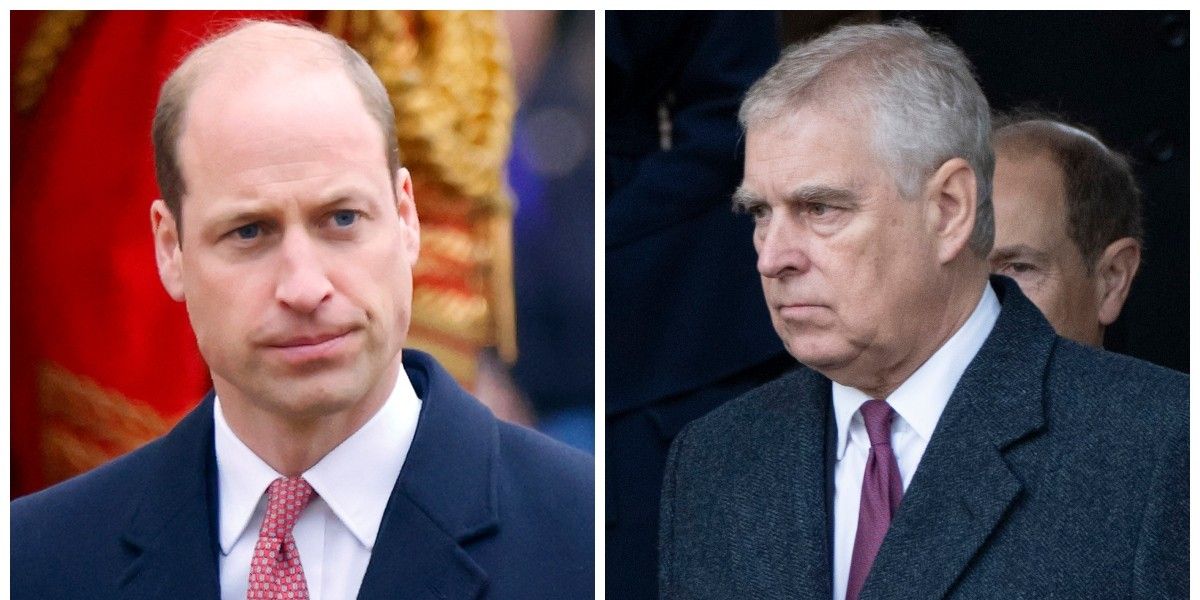Prince William is “baffled by King Charles’s extreme concern” for Prince Andrew, a royal author has claimed.
Omid Scobie, whose new royal book Endgame was released in Australia today, claimed the Prince of Wales was the person who “set the wheels in motion” to strip Prince Andrew of his royal duties.
According to the royal author, William thought his father and grandmother were being “too soft” on the Duke of York.
Prince Andrew was eventually stripped of his military affiliations and patronages in January 2022.
WATCH NOW: Omid Scobie talking about Endgame on GMA
Scobie wrote that the duke’s past association with convicted sex offender Jeffrey Epstein “can still inflict considerable damage to the monarchy”.
The royal author quoted an anonymous source as saying it would be “foolish to assume that Andrew won’t bring further shame… it’s his speciality”.
Scobie paints a picture in Endgame of Charles being sympathetic towards his brother, as opposed to Prince William who takes a harsher approach.
He wrote: “While King Charles has, so far, shown no inclination of conclusively stopping his support for his wayward brother, Andrew would be foolish to think that William will unquestionably support his uncle in the same way.
“It’s fair to say, the next King is the one in the family who inherited Prince Philip’s assertiveness when it comes to protecting the Crown.
“Until then, though, Andrew remains a wild card and one that can still inflict considerable damage to the monarchy.”
The Duke of York’s close association with Charles may “end up coming back to bite the King and the monarchy”, Scobie claimed.
In Endgame, a source close to King Charles is quoted as saying: “You’d find it hard to believe but [Charles lay] awake many nights worrying about [Andrew].”
King Charles worries about Prince Andrew, Scobie claims
PA
According to Scobie, Prince William was “baffled” over his father’s treatment of Prince Andrew.
A source said: “William [doesn’t’] think his father is competent enough, quite frankly.
“Though they share similar passions and interests, their style of leadership is completely different.”











